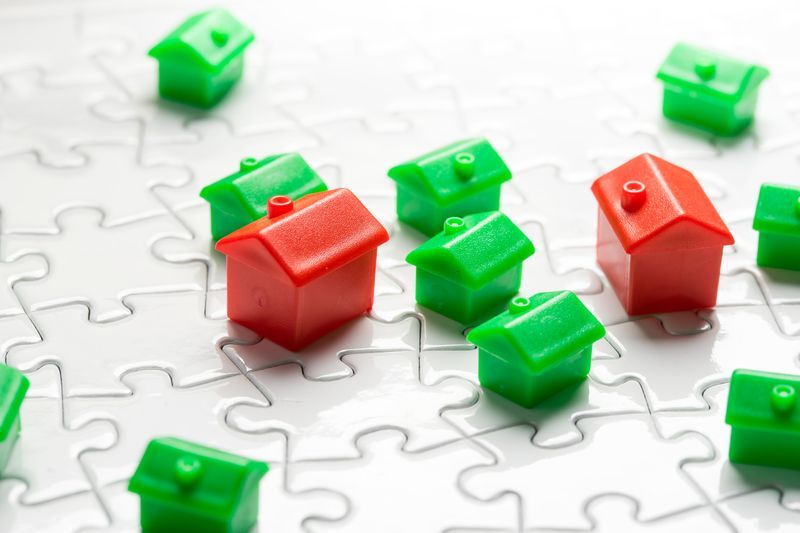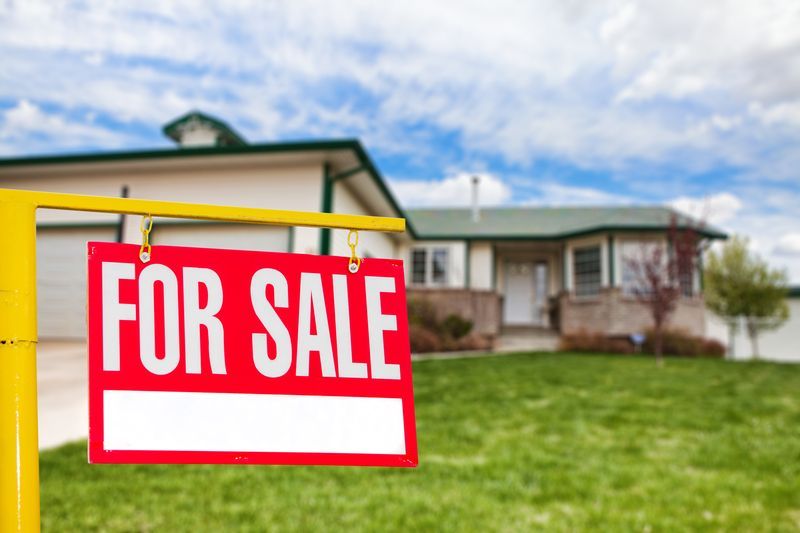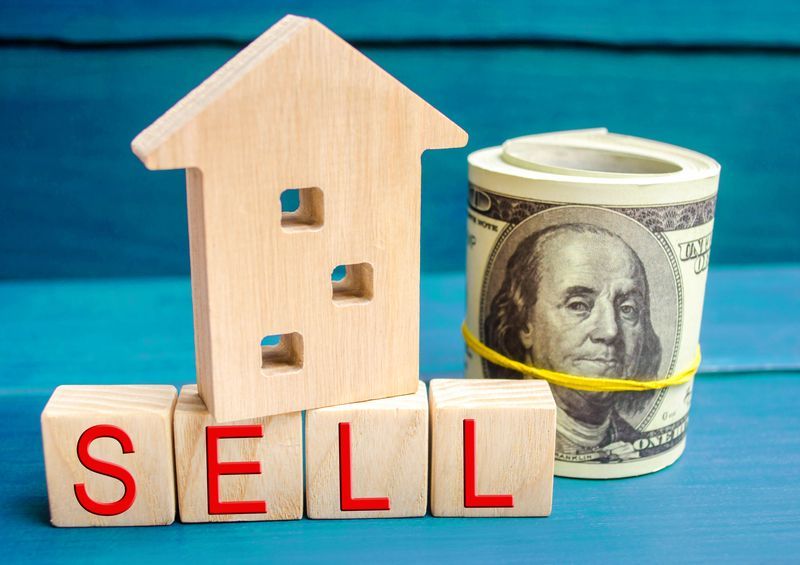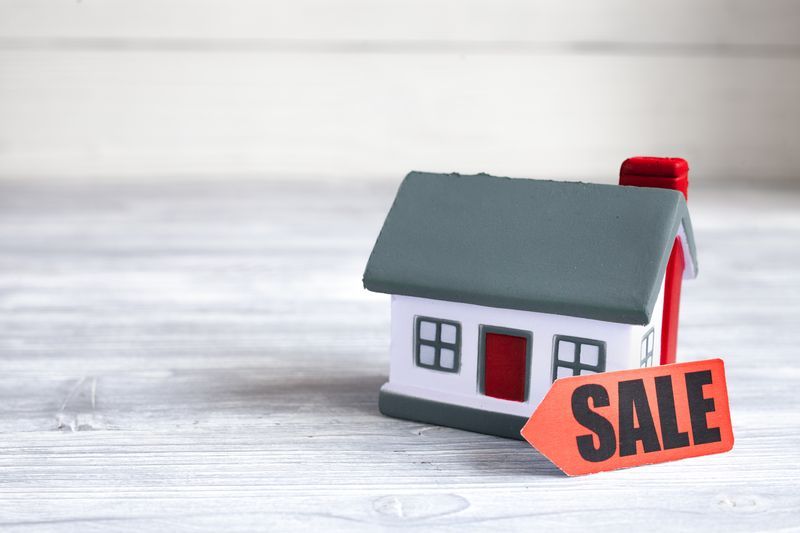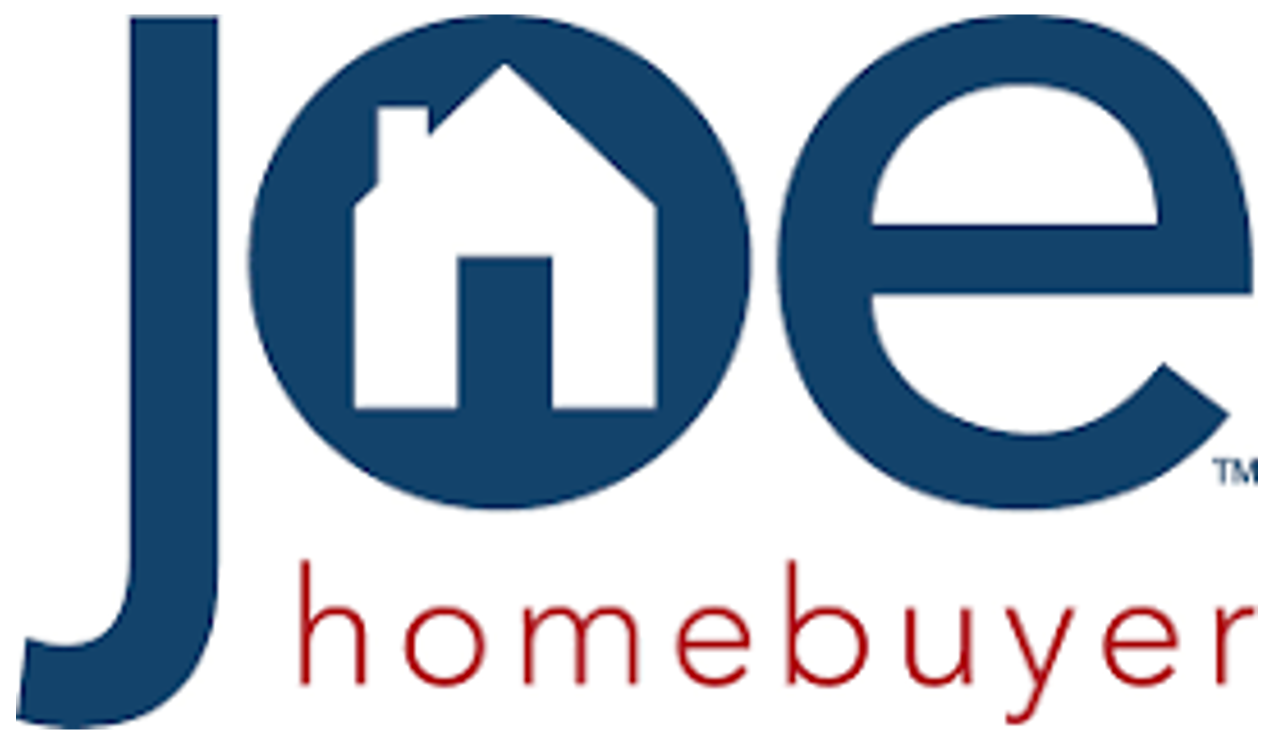What Are The 5 Most Common Mortgages?

Buying a home is an exciting time, but figuring out financing can be a little overwhelming. There are several types of mortgages you can choose from. Let’s discuss the five most common mortgages, so you’re armed with the knowledge to make the right decision for you.

5 Common Types of Mortgage Loans
The most common types of mortgages include conventional, fixed-rate, adjustable-rate, jumbo, and government-insured mortgages. Read further as we break down each of these mortgage loans and in which situations you would choose them.
1. Conventional Mortgage Loans
The main thing with a conventional mortgage is that the federal government does not insure it. There are two types of conventional loans: conforming and non-conforming, with conforming, meaning the loan amount needs to fall within the maximum limits set by Fannie Mae or Freddie Mac, the two government agencies that back most U.S. mortgages. A non-conforming loan is one that doesn’t meet these guidelines, such as with a jumbo loan.
Customarily, lenders require you to pay private mortgage insurance (to offset the risk to the lenders who grant you a home loan) if you put down less than 20 percent of the home’s purchase. Consider this loan if you have strong credit, an employment history, and a stable economy, as well as at least a 3 percent down payment.
2. Fixed-Rate Loans
With this loan, your interest stays the same over its lifetime, which means your monthly payments are fixed and usually come in terms of 15, 20, or 30 years. This type of loan is ideal for someone planning to stay in their home for at least seven to ten years, which offers stability with monthly payments. This allows you to precisely budget other monthly expenses.
3. Adjustable-rate Loans
On the other hand, adjustable-rate loans mean they have fluctuating interest rates that go up or down, depending on market conditions. Many adjustable-rate mortgages (ARM) are fixed for a few years before it changes to a variable rate for the remainder of the term. Look out for a loan that caps how much your interest rate or monthly mortgage rate can increase.
You don’t want to end up in financial trouble when the loan resets. If you’re comfortable taking this type of risk and don’t plan on staying in your home longer than a few years, then go for it. You could save big on interest payments.
4. Jumbo Loans
Jumbo mortgages are conventional loans with non-conforming loan limits, which means the home prices exceed limits of a federal loan. This type of loan is seen in higher-cost areas and requires more in-depth documentation to qualify. The good thing is that you can borrow more money for a home in an expensive city, and your rates tend to compete with other conventional loans. To qualify for a jumbo loan, you need excellent credit, high income, and a sizable down payment.
5. Government-insured Loans
Three government agencies back home loans, even though they’re not a mortgage lender: The Federal Housing Administration (FHA loans), The U.S. Department of Agriculture (USDA loans), and the U.S. Department of Veterans of Affairs (VA Loans). These loans can help you finance a home when you fail to qualify for a conventional loan, and their credit requirements are more lenient, and the down payment can be smaller. They’re open to first-time and repeat buyers.
Sell Your Home to Utah Sell Now
If you plan on buying a new home and need to sell quickly, let us see what we can do for you. We can make you an offer, if it fits, and close in a week with you walking out cash-in-hand. Contact us today.
